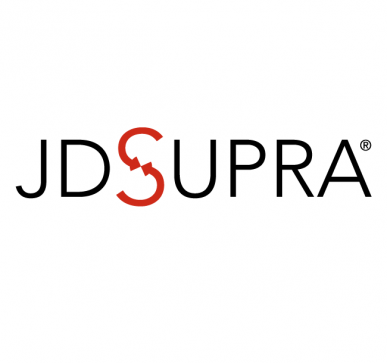Forensic Accountants play an integral role in the changing landscape of today’s business management and oversight. Successful business owners prepare for the possibility of malware attacks, internal fraud, lawsuits, accounting irregularities and white collar crimes. Existing or potential dispute resolution proceedings and the occurrence or prevention of possible fraud are priorities. Prevalence of fraud and the existing litigious environment have prompted business owners to build diverse management teams that include Forensic Accountants.
Business owners must have a clear understanding of where their money is coming from, and where their money is going. Forensic Accountants are trained to follow the money. They are more than just number crunchers who happen to work on criminal or civil disputes. Forensic Accountants looking beyond the numbers can assist business owners to identify:
- internal fraudulent activities, fraud prevention and fraud detection opportunities
- asset misappropriation
- financial statement misrepresentations
Forensic accountants help with settling claims affecting a business, assist with resolving business disputes and support the business valuation process. Through involvement with matters involving fraud risk assessments, fraud prevention and enhancements to systems of internal controls, they support effective corporate governance; as well as being invaluable for developing anti-fraud programs and with monitoring and enhancing established compliance programs.
Detecting fraud has been characterized as an art requiring constant honing and in-depth experience that forms a clinical eye for spotting:
- misrepresentation of a material fact
- a false statement
- an act done with the intent to deceive
- where reliance was placed on a false representation and damages were sustained as a result of the reliance.
Misappropriation of business assets or embezzlement can consist of skimming funds, larceny, vendor fraud, having “ghost” employees, kickback arrangements, and employee expense reimbursements. With asset misappropriations, company assets disappear and company liabilities increase.
Financial statement misrepresentations are distortions of reality. These misrepresentations include:
- misstated revenue, expenses, net income
- misstated liabilities, fictitious assets and asset valuation
- misclassified cash flows
- inaccurate notes to financial statements
- non-disclosure of contingent liabilities or pending litigation
They violate enacted financial protection legislation including the Foreign Corrupt Practices Act (FCPA), Dodd-Frank Act or Sarbanes Oxley. Indiscretions with respect to these legislations can jeopardize a business as a going concern.
Business owners ought to be aware of financial statement fraud possibilities resulting from the manipulation of financial and accounting data. For instance, revenues can be overstated in the recording of expected future sales. Expenses can be underestimated via tactics such as capitalization of operating expenses, inflating assets, not applying the correct depreciation schedule and masking obligations outside of the entity’s balance sheet.
Forensic Accountants are “specialists” wearing multiple hats in the prevention, monitoring, or investigation of fraud that may assist a business with reaching conclusions concerning the existence of dishonesty. Analysis of financial transactions within business accounting records and financial statements yield significant and valuable information. Analysis of internal and external financial records provides useful information regarding transactions that can demonstrate sources and uses of funds. Tracing the flow of funds can reveal fraud schemes such as money laundering, securities fraud and misdirected assets. Uncovering fraud schemes assist businesses with avoiding litigation.
In sum, a business owner can lessen the impact of the “unexpected” when Forensic Accountants:
- audit internal controls
- improve accounting information systems
- assess a business ability to manage performance
- liaise with the Board of Directors and other C-suite executives
- resolve conflicts
- identify opportunities, strategize and come up with solutions
Don’t be a victim of your own making. As a business owner, ensure that the right controls and programs are in place to protect your business by working with a qualified forensic accountant to understand the internal environment surrounding accounting activities while providing relevant observations and recommendations for control, risk management and improvement.
http://www.jdsupra.com/legalnews/the-value-of-forensic-accounting-goes-79170/





